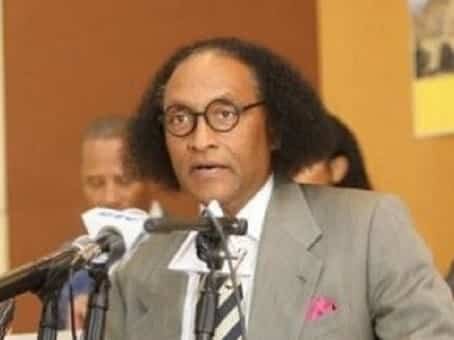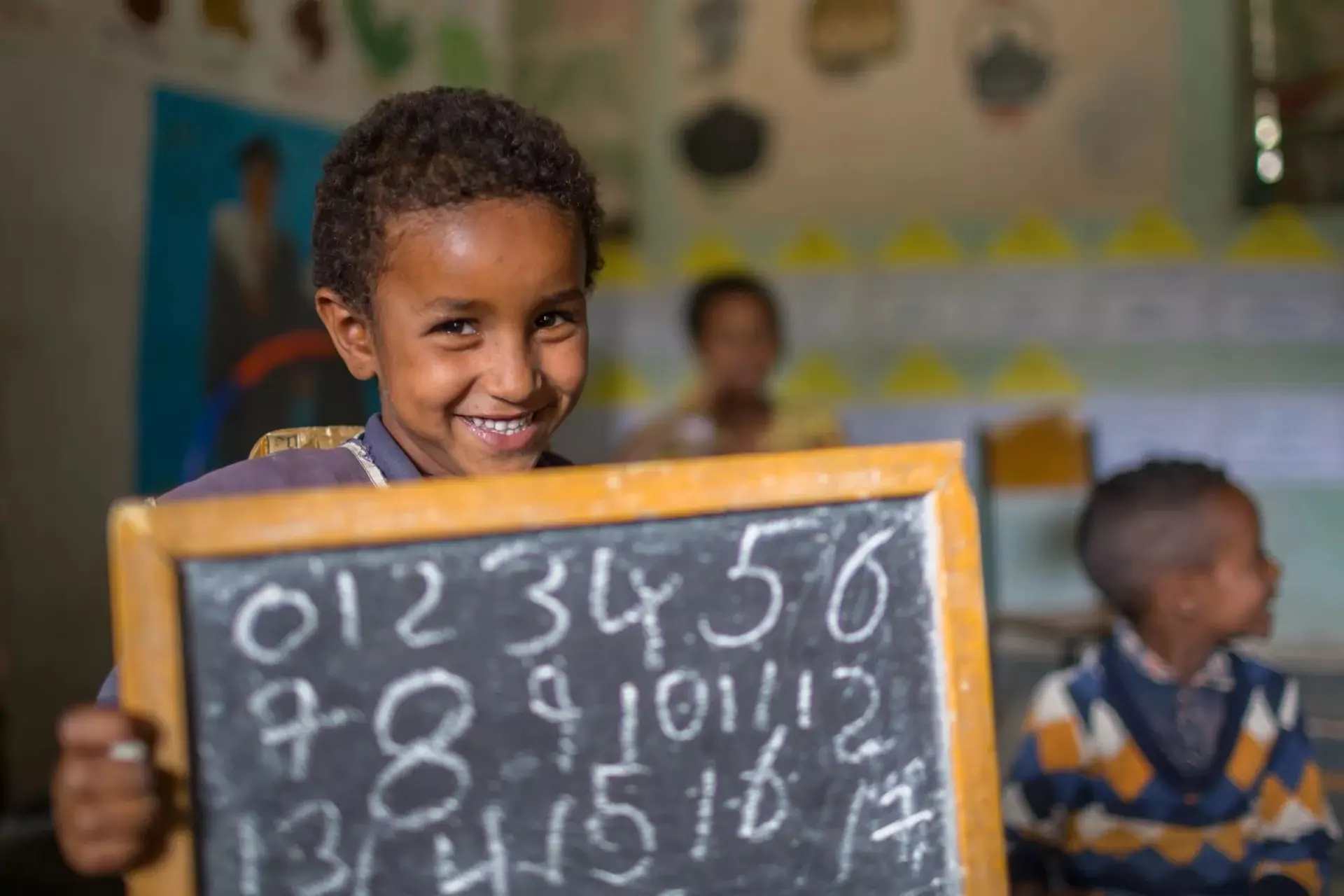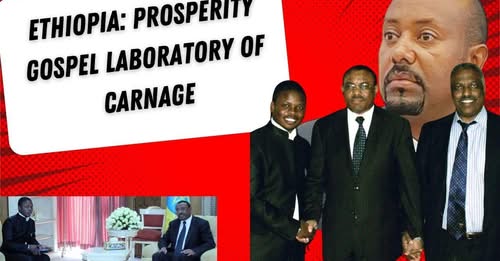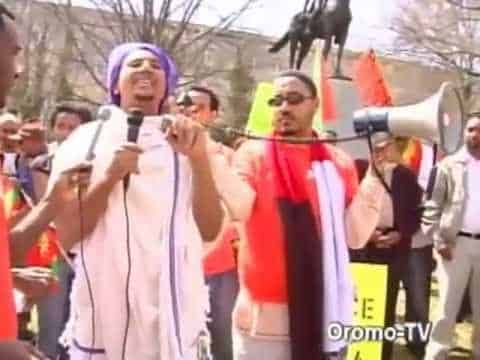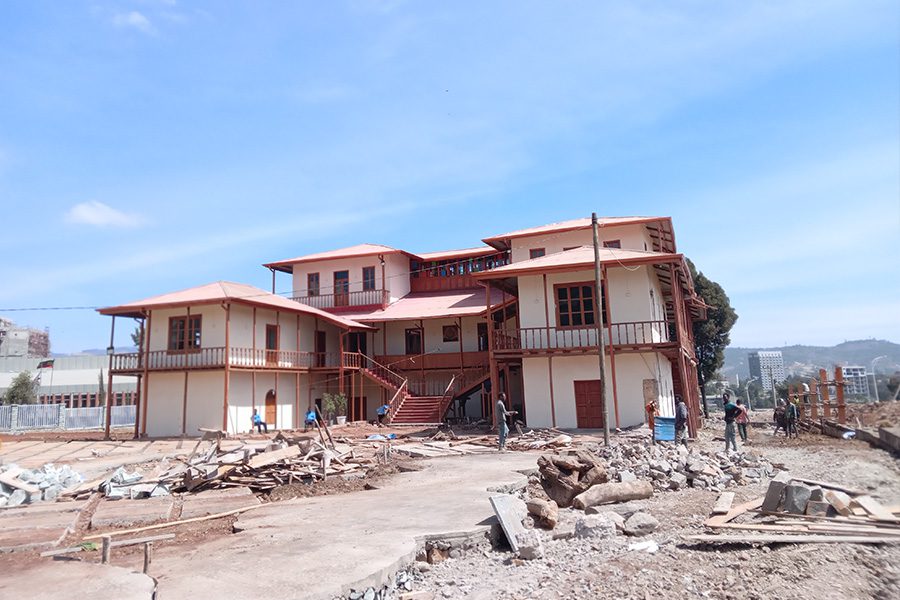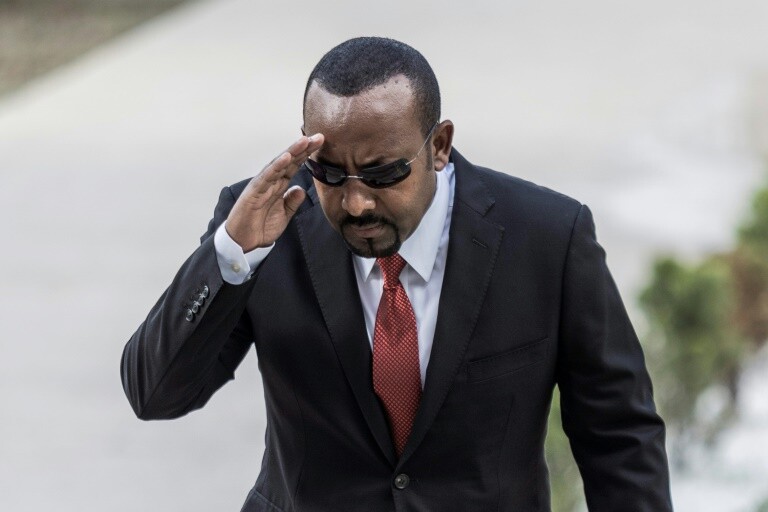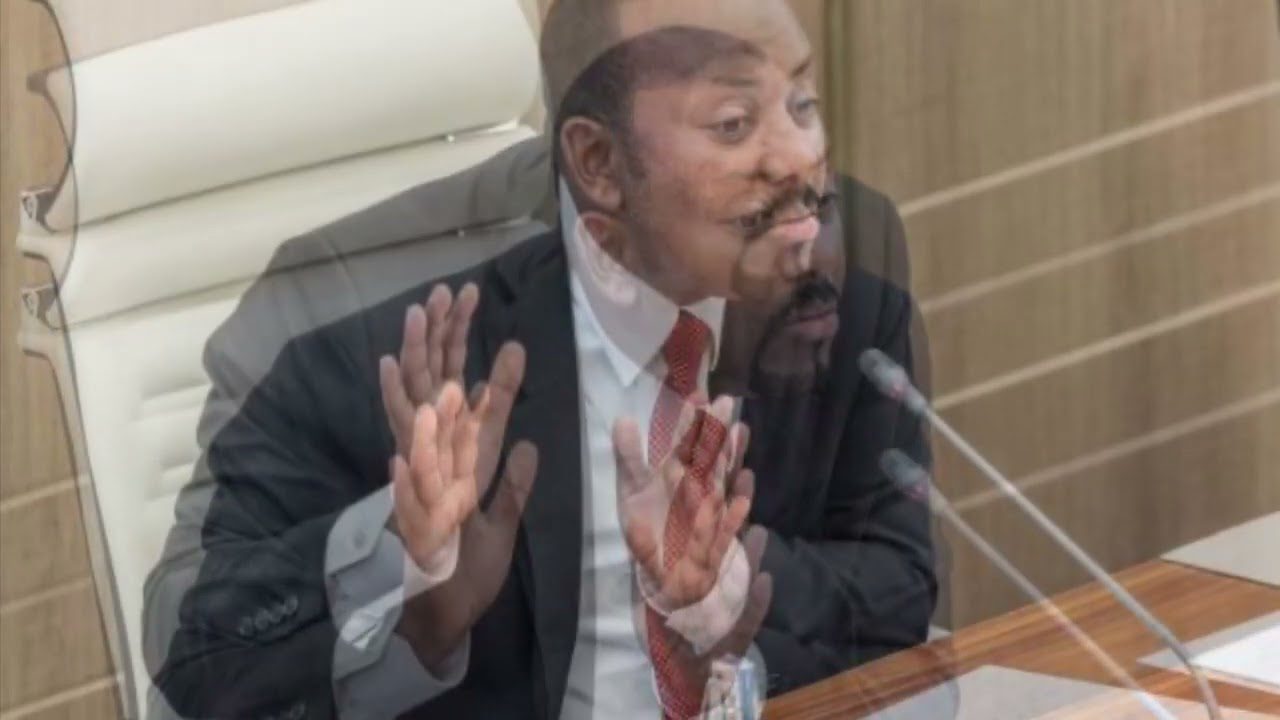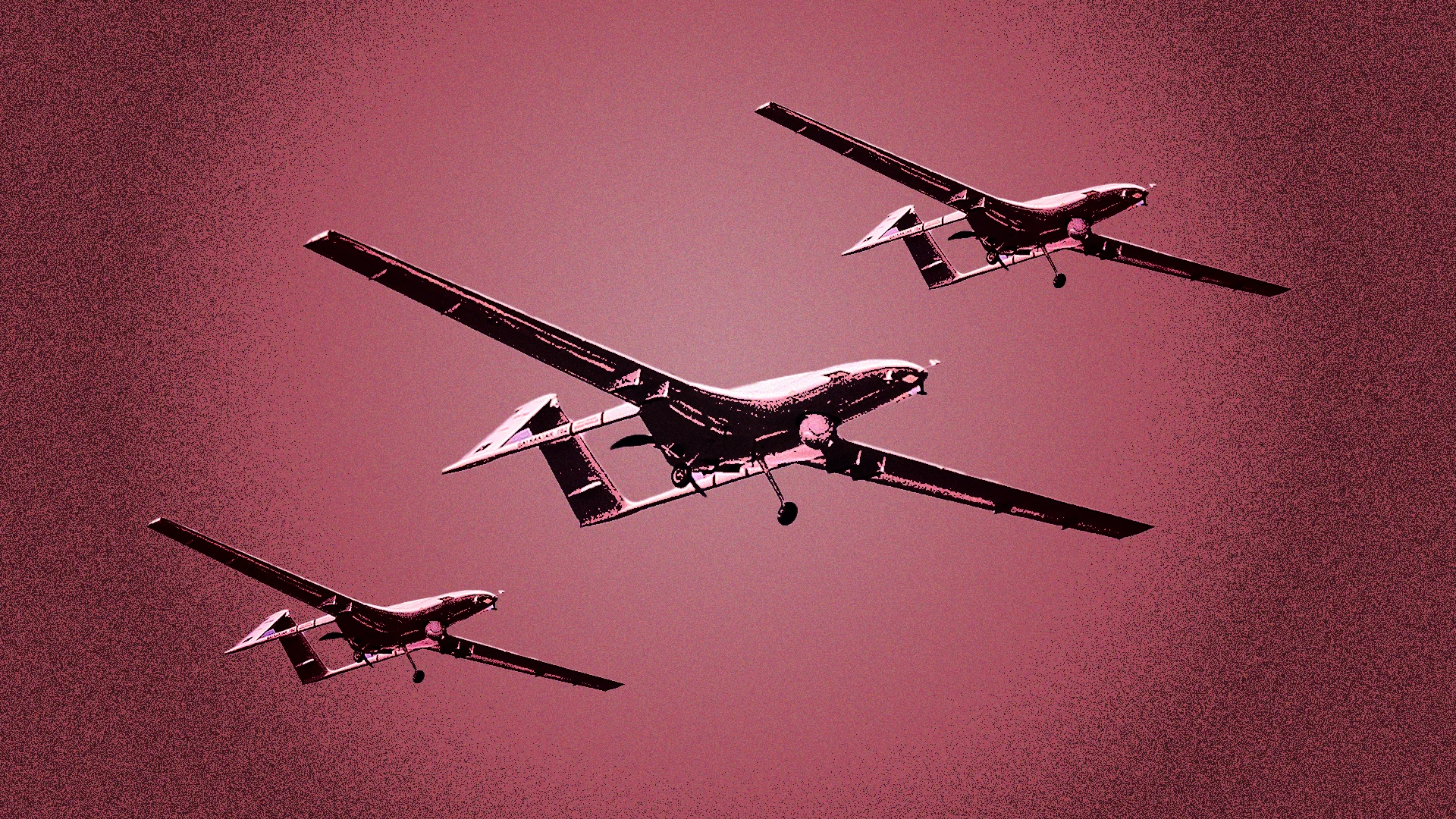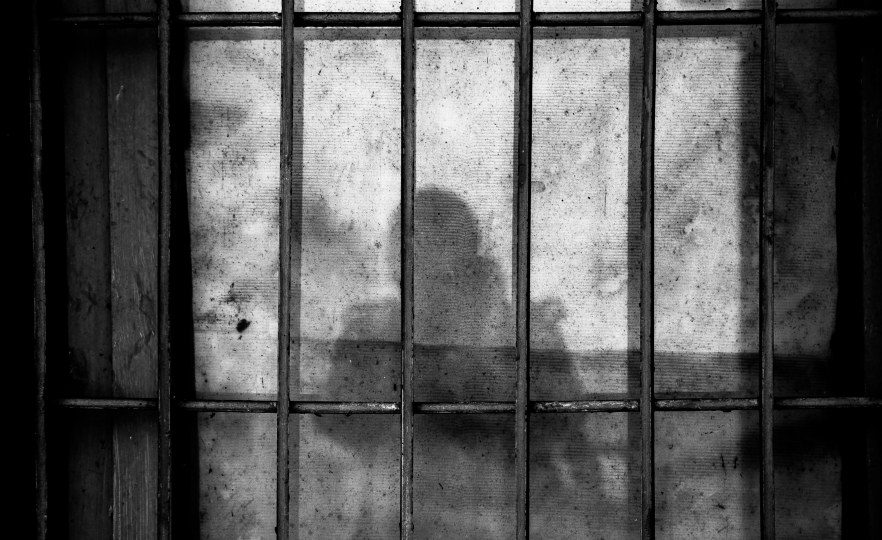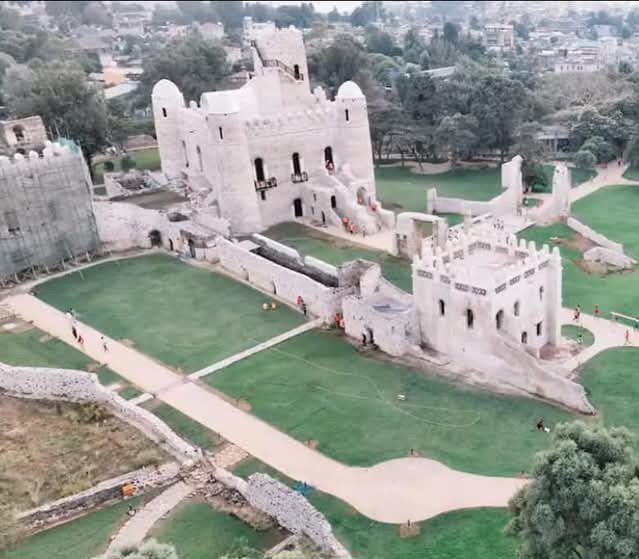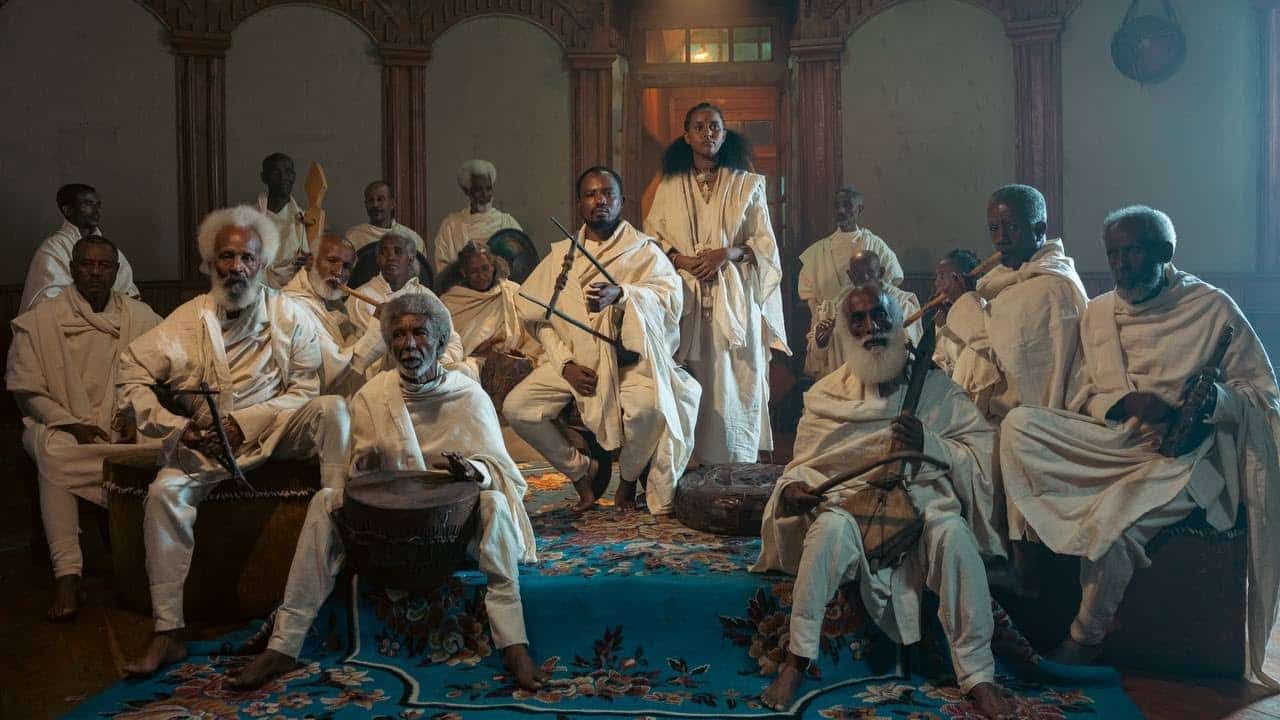By Ersasu Mere
A couple of weeks ago Mr. Andargachew Tsgie of Ginbot 7 was on the air with his group’s freshest assessment of Eritrea as an accessory to wage an armed showdown with the undemocratic ruling party of the Ethiopian government. It was well rumored that G7 had become the newest addition to the Eritrea camp of opposition groups who chose to topple down the Weyane government by armed struggle. Yes, that had become a bone of contention and perhaps a cause to the alleged internal split of G7 leadership. Most genuine critics expressed their anxiety and vehement opposition to the idea of working with Shabia of Eritrea. In their mind, Shabia is the most untrustworthy ally that had neither the will nor the means to see a united and democratic Ethiopia. Clearly, the foundation of such argument alludes to the past and recent dark history of Ethio-Eritrean relationship. This hotly debated topic has been marred with accusations of betrayal and warnings to severe allegiance and commitment to G7. In the midst of all these, Mr. Tsegie’s interview with ESAT has created another buzz, and in some cases another flare up, to a whole lot of Ethiopians all over the world.
This time, G7’s new doctrine is not about conducting an armed resistance using the Eritrean land. It is about creating camaraderie and an alliance with Eritreans and the Eritrean government to work for a common good by dismantling the Weyane government which they both agree as the real cause of problems in the region. One striking revelation we heard in the interview was that Shabia had given G7 a stern warning not miscalculate its gesture as being defined within ‘your enemy is my enemy’ framework. We were told Eritreans are eager to build a peaceful relationship with Ethiopia. They are way passed from scoring revenge against Wayane. What is more striking, however, is G7 leadership has trusted what the Eritreans are saying. That sounds as a huge departure from the long held view most Ethiopians have about Eritrea. We all know why most Ethiopians do not have much faith left in their heart about Eritreans as a partner to restore the historical bond both have enjoyed in the past. It may well be said that Eritreans might have wounds to cure before resuming talks of co-existence with Ethiopians. One can confidently say that Mr. Andargachew and his group fully comprehend how this ground breaking paradigm shift in the way we perceive our relationship with Eritrean evoke anxiety and be polemical. Thus, following that interview, there were calls for more clarification. Let us see how the G7 folks handled those calls.
-->
One group asking for clarification is confined in the past history and kind of says, ‘History has taught us a lesson and let us not repeat the same mistake of the past’. They say Eritreans are back stabbers and Shabia always works against Ethiopian interests. The explanation was that it has been more than 20 years since separation, and even though history guides us we can also learn from it. So, G7 believes that the current circumstance is different from the past and right now the notion of working together and coexist peacefully are more palatable than before. Another group is a kind of a revisionist who just questioned the plausibility of armed struggle itself. For this one the response seems simple. Go ahead do what you think is good for the country. This is G7’s preferred choice and you go find yours. And yet another group says everything but do not bring in anything to the table. The G7 folks call this group the so called ‘Cyber Warriors’ who waste their time in Paltalks and a party that lives and dies as a web page.
Throughout this unfolding there was one important challenge G7 leadership has to face. It was so obvious to any observer that the Shabia government in Eritrea has a notoriously bad record in human right abuses and undemocratic governance. For those who live by principled values, the idea of collaborating with such government is immoral and would be unsuccessful. As one G7 supporter used to say that is good in theory and on papers. The practical world considers too many aspects of life and this particular shortcoming of Shabia can be compensated by its other marvelous records of corruption free government for example. How about working hard for self sufficiency? The well articulated comment that was coming from G7 leaders regarding this issue was much simpler than most us of have thought. Leave Eritreans internal problem for Eritreans and what G7 is looking for is a mutual understanding and cooperation that benefit the people of both countries.
In conclusion, the final outcome of this passionate, sometimes ugly and cynical, debate seems to be more favorable to G7. Now they lay down their proposal that has been judged by public opinion. It can be inferred that this whole scheme of working with Eritrea is an idea G7 leadership has been eyeballing as alternative for a long period of time. Remember this group is not a bunch of political hacks and sensational political operatives that may be easy prey to a false trap. In spite of their critics, a vast majority of their core supporters remains intact and that is really what matters to them. Few of their supporters, though they disagree with the new strategy, they seem to stay loyal to the ultimate goal of G7. That shows a development of a new culture of embracing differences without causing separation. The opposition from the do nothing groups will remain a non issue. The G7 boys are marching for a long haul and they are ready to ramble. Nothing seems to deter them. They have developed a reasonably plausible, albeit devoid of full acceptance, scheme in a thoughtful and arduous process. Yet, there is one critical uncertainty G7 supporter have to live with. This uncertainty is to know what the Eritreans think about this. Are they really trustworthy as the G7 leaders have tried to portray them? Would Shabia use G7 as bargain chip to come up with terms against Weyane? Until we hear confirming evidence from the Eritrean side, it sounds like this is the only risk the G7 boys are ready and willing to take.
By Ersasu Mere – Can be reached at ersasumere@gmail.com

